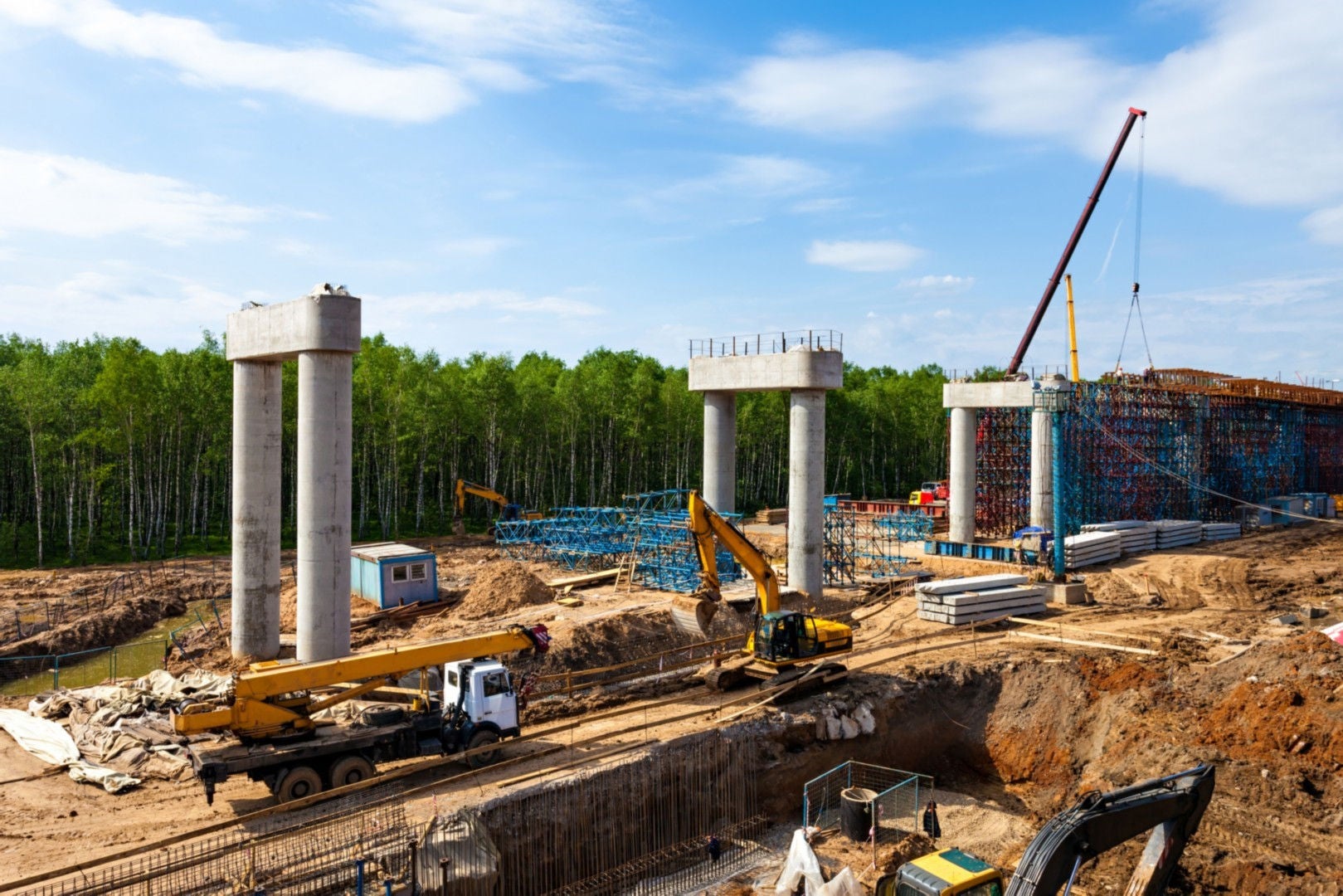EY refers to the global organization, and may refer to one or more, of the member firms of Ernst & Young Global Limited, each of which is a separate legal entity. Ernst & Young Global Limited, a UK company limited by guarantee, does not provide services to clients.

Increasingly, private SA companies are meeting the pressing challenges faced in the energy, transport and power sectors, amongst others. What are the key considerations as deregulation paves the way for this trend to continue?
Executive summary
- The private sector will increasingly provide resilience to supply chains.
- Infrastructure projects will impact Talent as expertise is required for complex problem solving.
- It’s about more than finance, but good citizenship.
As government continues to struggle with meaningful solutions to South Africa’s most pressing infrastructure challenges such as electricity, water and roads it is inevitable that private companies will increasingly solve the country’s problems.
It’s already happening as power and fuel regulations are relaxed for example.
But we expect to see more privatisation by necessity as further deregulation of state-owned services such as transport and water and waste pave the way for the private sector.
The private sector will increasingly provide resilience to both private and public sector supply chains, improve income collected from the services, and thereby ultimately provide more community services overall.
SA government debt continues to rise as the revenue base is expected to decline over the next few years putting pressure on public spend. Government is also grappling with how to access, disburse and manage international funds in the context of more grants, blended finance and other social spending. The cost of delivering infrastructure is estimated to exceed R500bn by 2040, with energy and transport accounting for more than 70% of this.
Public sector infrastructure spend was over R250bn in 2022 alone and is estimated to be over R400bn by 2033, a 60% increase on current spend.
Clearly the private sector has a big role to play in not just finance but also providing expertise particularly around implementation of our much needed infrastructure plans. A greater private sector role will have benefits for both the private and public sector. These include the energy transition, raising capital and improving profitability for projects.
Not only do private organisations have the skills to develop ‘investable project’ pipelines in support of government funding, more responsible companies are more attractive to investors. It’s not just about finance - public projects need to be competitive in attracting top talent which will increase consumer confidence and boost revenue through increased consumer spending, operational efficiency, reduced costs and improved profit margins.
The more confidence people have in services, the more they will spend and the more will be available to further improve those services.
Greater participation by the private sector could also foster new industries and services such as improved recycling of plastic, electric and fabric waste.
Many South African companies are already pushing ahead with privatisation initiatives.
For instance, a leading mining operator has developed and is commercialising the hydrogen truck, a prototype of the world’s largest hydrogen-powered mine haul truck which is a vital step towards reducing carbon emissions over time. The mining sector is lobbying for greater participation in the operation of key logistics corridors. Leading insurance organisations are paying to direct traffic at faulty traffic lights and are fixing potholes respectively.
There are complexities.
There is limited incentive for government or local municipalities to change as their revenue will continue to fall as the private sector becomes more involved in the delivery of services – especially to the commercial sector, which has greater capacity to pay. But this can be mitigated with concession, ‘royalty’ or license payments.
Cartel collusion and ownership of large infrastructure services such as the construction industry is also a headwind as is individual resistance due to back-handers and general corruption.
For it to be successful therefore, it will require community engagement and self-management which will lead to reduced crime and improve security. Keeping projects local is fundamental to success so that private companies have line of sight of the systems and processes being implemented and can make changes when and where needed.
It’s also important to implement strong accountability so informed decisions are made fast, notably understanding at what point projects become unsustainable so good money is not thrown after bad.
How will the private sector meets fundings demands?
According to EY research of South African CEOs, 66% of respondents say they are considering joint ventures or strategic partnerships with the government as the best way to finance infrastructure spend. This is expected to be a mix of existing government funding, promised additional government funding through international pledges such as the $8.5 bn COP26 commitments. Philanthropy through organisations such as the IDH, The Sustainable Trade Initiative, and Afreximbank (Africa Import-Export Bank) will play a major role too.
The research also revealed that 50% of CEOs say investing in an early-stage business to enhance existing portfolios, access new talent and/or create new business platforms is their preferred financing model.
Considering how to capitalise on their green assets such as trading carbon credits for their agricultural land or renewable energy production on the carbon market is also considered a good model to fund green investments.
Creating innovative insurance or welfare products is also key for CEOs. For example; road aid (in addition to medical aid), where those who have the means can pay either on a corporate or individual level to maintain the roads and traffic lights within their square mile could be a powerful model.
Interestingly, half of SA CEOs survey respondents believe fiscal policy is supportive of infrastructure spend; the other half do not. But most CEOs continue to be optimistic about South Africa, despite the uncertainty and headwinds.
Summary
Notwithstanding the very tough economic and industrial policy conditions, South Africa’s culture of resilience and self-sufficiency gives us an advantage on an international stage as the world moves to localisation to solve challenges by serving specific markets and needs.

